I’d imagine that the person you settled down with in your personal life took the time to get to know you before making any jumps in your relationship such as moving in together or buying your first home.
You asked questions to understand if the person was right for you to determine if you had the same values and had a similar outlook for the future.
If this typically works to grow fruitful relationships in our personal life than why don’t we do it in our professional life?
To be successful in our roles and contribute to the success of our organizations, our team members need to be aligned with their managers.
Simple, right? Maybe not. Many people are still rushing to accept offers before truly evaluating the relationship.
In my career, I have been managed and have managed people over the past decade. I believe there are some questions that we should and shouldn’t ask our managers to learn about their management style before we start working together.
Create a Manager Muse Document
A few years ago I read a Business Insider article describing Lululemon’s customer muse. This tactic helps the organization understand who they are targeting and who they are building products for. As described in the article, Ocean is their female muse. She is a 32-year-old-professional woman who earns $100,0000 per year. She is engaged, has her own condo, travels, is fashionable and has an hour and a half to work out a day.
After reading this in 2015 I was inspired to do this for employees. I now have an employee muse that describes the type of employees I want to work with.
Today, I am recommending that employees design a manager muse before they start interviewing with companies.
For example, a sample of your manager muse could read like this.
My ideal manager has 10+ years of experience in leading diverse teams. She has worked for a recognizable company that the market admires and has been voted as the best workplace. Because of this, she knows how company culture is the foundation of every great company.
While she is demanding, she is benevolent. I thrive when my manager is demanding of my work because it ensures that I put my best foot forward. Having her be benevolent gives me peace of mind that I will always be respected.
When putting a manager muse together start by writing down traits and behaviours you want in your manager then start crafting sentences together.
Build Your Interview Questions
Now that you have an outline for your ideal manager I’m recommending that you put together questions related to the behaviours you want your leader to exhibit.
If you care about their experience, benevolence and diversity experience you could ask the following questions:
- Experience: “I see that you’ve worked at [name of company], what were three great lessons of leadership you learned?”
- Benevolence: “What recognizable business leader would you compare your leadership style to?” It would be great if they said, Richard Branson or Oprah.
- Diversity: “Can you describe the most diverse team you’ve led in your career?”
Do Reference Checks
If the company is going to do reference checks on you, shouldn’t you be allowed to do the same? I think so.
As you get further into the interview process I’d recommend asking the hiring manager to meet your future manager. Once you’ve built rapport and are considering taking the role, politely ask if you can speak to one person the manager has managed in the past and one person they are currently managing.
Position the request this way: “Hi Stephanie, may I ask to speak with someone you’ve managed in the past and one person on your team today? The reason I ask is that I want to ensure that we’re going to make a great team and I believe having this insight would be valuable for both of us.”
Some may not have the courage to ask but I believe it’s paramount in finding a great manager to help grow your career. I can tell you first hand as a manager of people, I would be impressed by the confidence and diligence if someone asked me to speak to past and current employees.
If you’re able to speak to members of their past and current team, I’d recommend asking the following questions:
- Can you share three things that [name of manager] does well to motivate you to bring your whole self to work every day?
- What new skill sets have you learned because of [name of manager] leadership?
- What do you believe makes [name of manager] tick? What ticks them off?
I’d recommend putting together six questions to ensure that you’re gathering a vast amount of information not only from the hiring manager but also from past and current employees.
Ask Them Their Definition of Success
For me, the most important question to ask is,
“What’s your definition of success?”
You want to get very clear on how your manager is measuring success. This isn’t just for KPI’s but also for other intangible things. If I was hiring a marketing manager KPI’s like email collection and website traffic would be a measure of success. But, there would be some other things that make me happy as a leader, such as:
- Be on time for meetings
- One business day response time for emails
- I don’t want to have to follow up with my team when we’ve already discussed what needs to be done and when
After the manager has described their measures of success it’s important to write them down and reflect on them regularly. After all, that’s the bullseye you need to review the key measures of success regularly.
I spend a considerable amount of time helping people find great managers so that they can have assistance in growing the career of their dreams. One thing that I’ve recognized is that they are spending too much time selling themselves and not enough time evaluating who they may be working with in the future.
The examples I’ve provided in this blog post are tried, tested and true. If you are a team member looking for your next great manager, try it out! If you’re a manager, prepare yourself to be asked questions similar to what I’ve outlined.
Are you interested in improving your company culture, employee engagement, and customer experience? If so, my online course, Team Operating System, may be your solution.
Click this link to book a call with me directly to learn if the course is right for you and your company.

